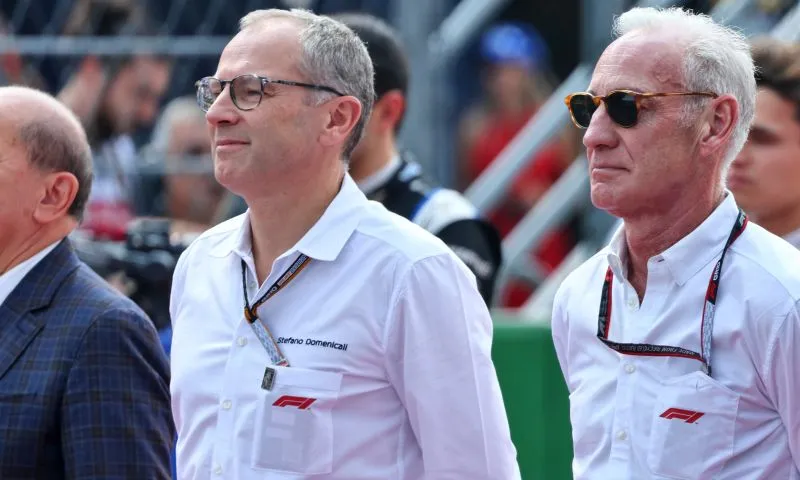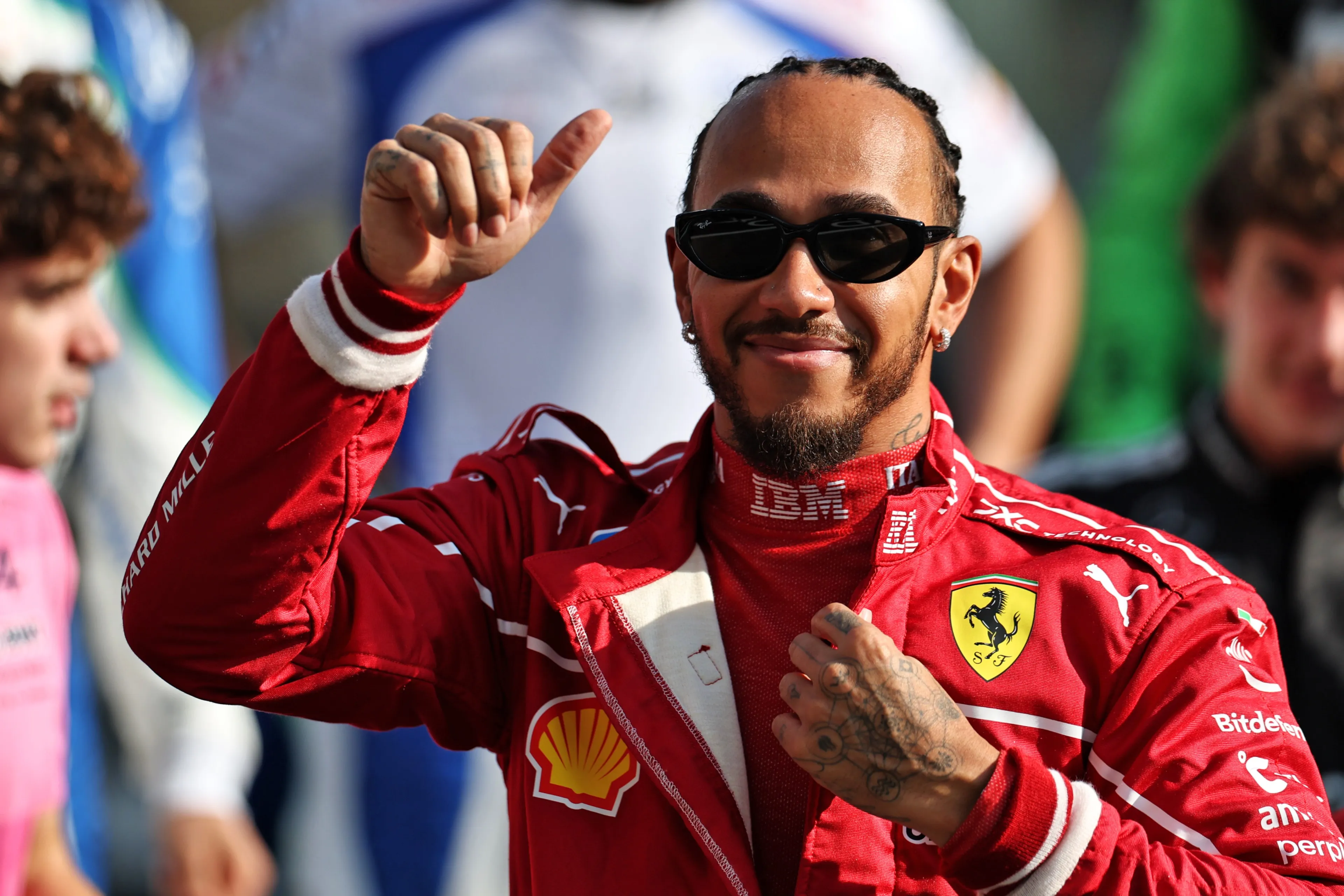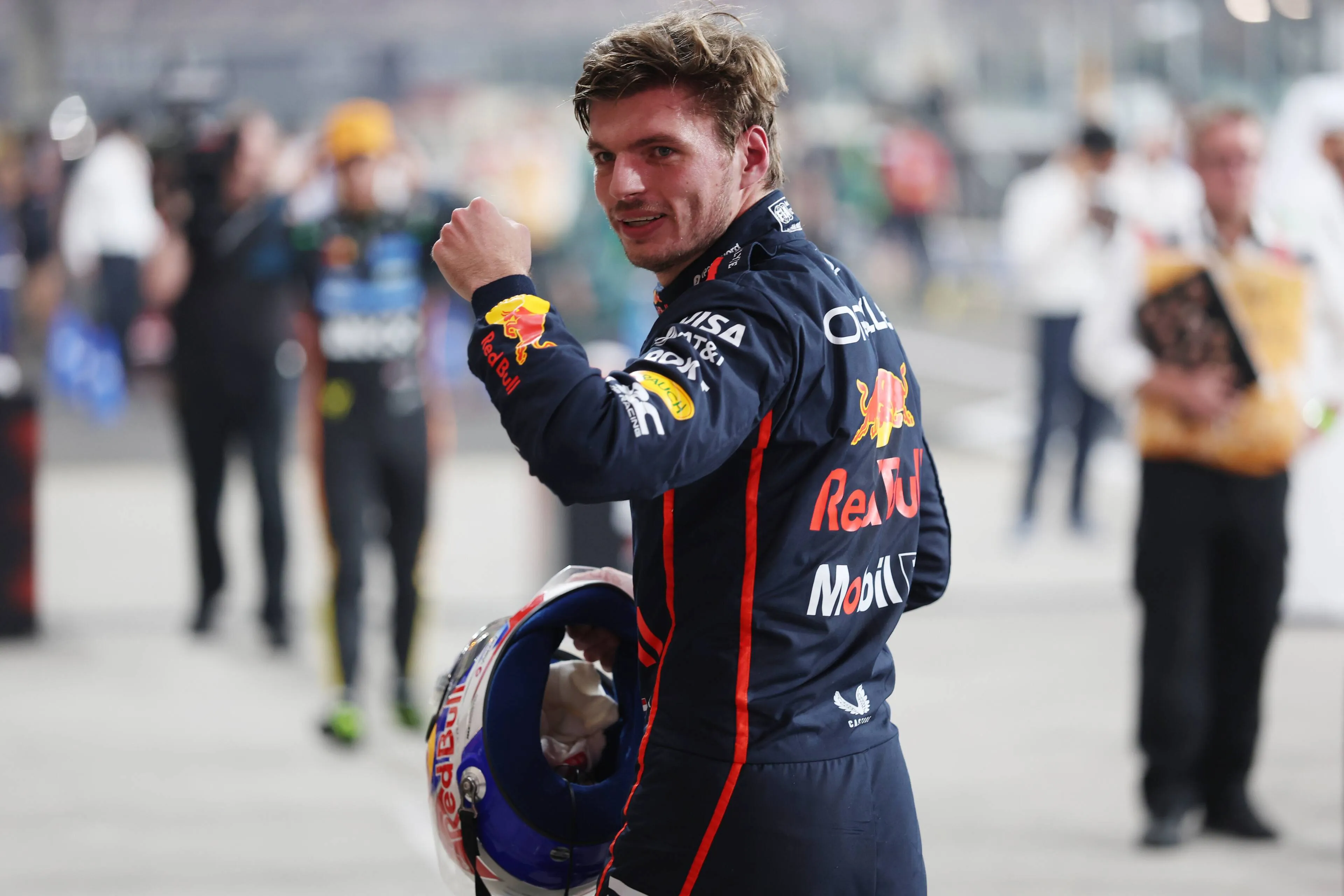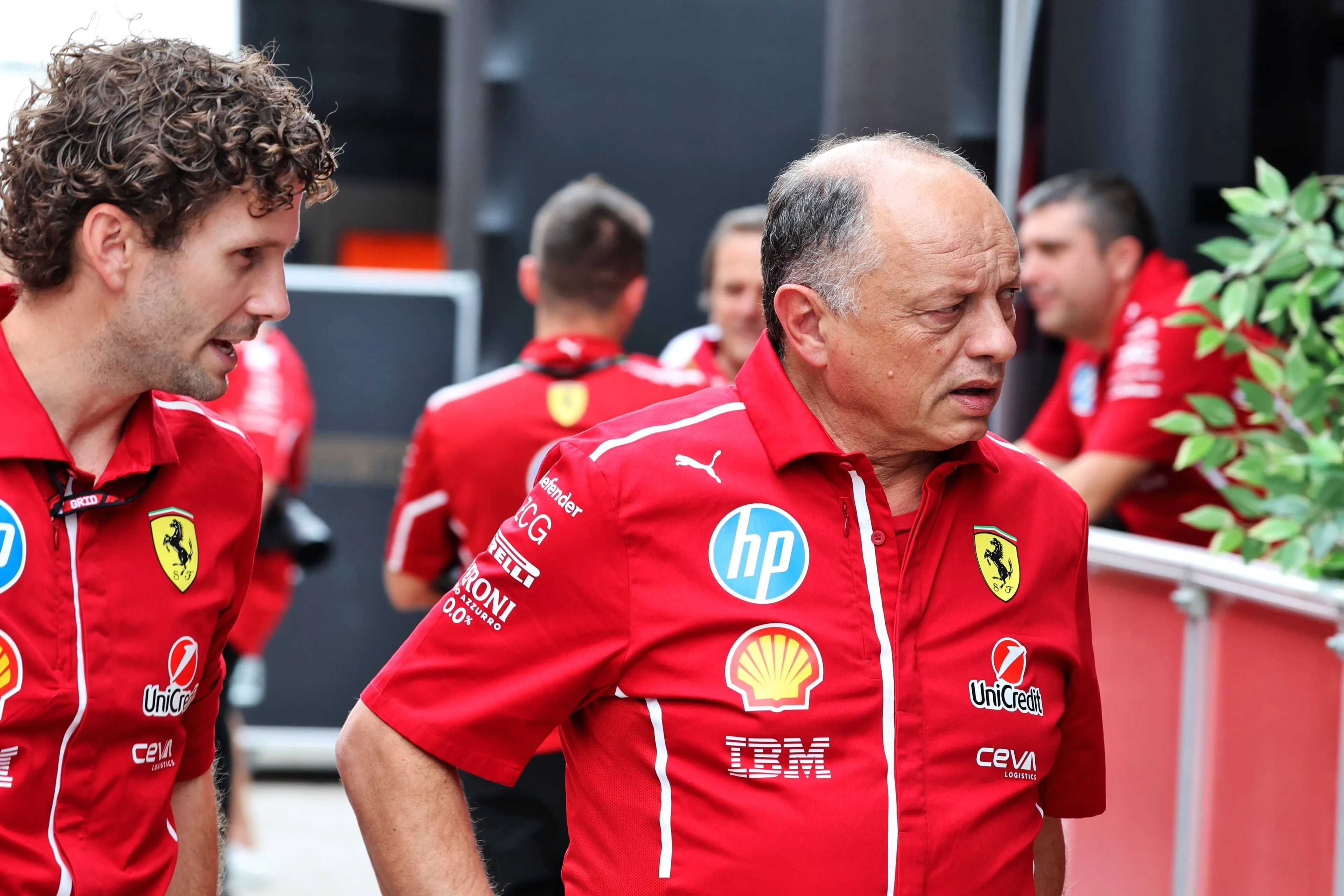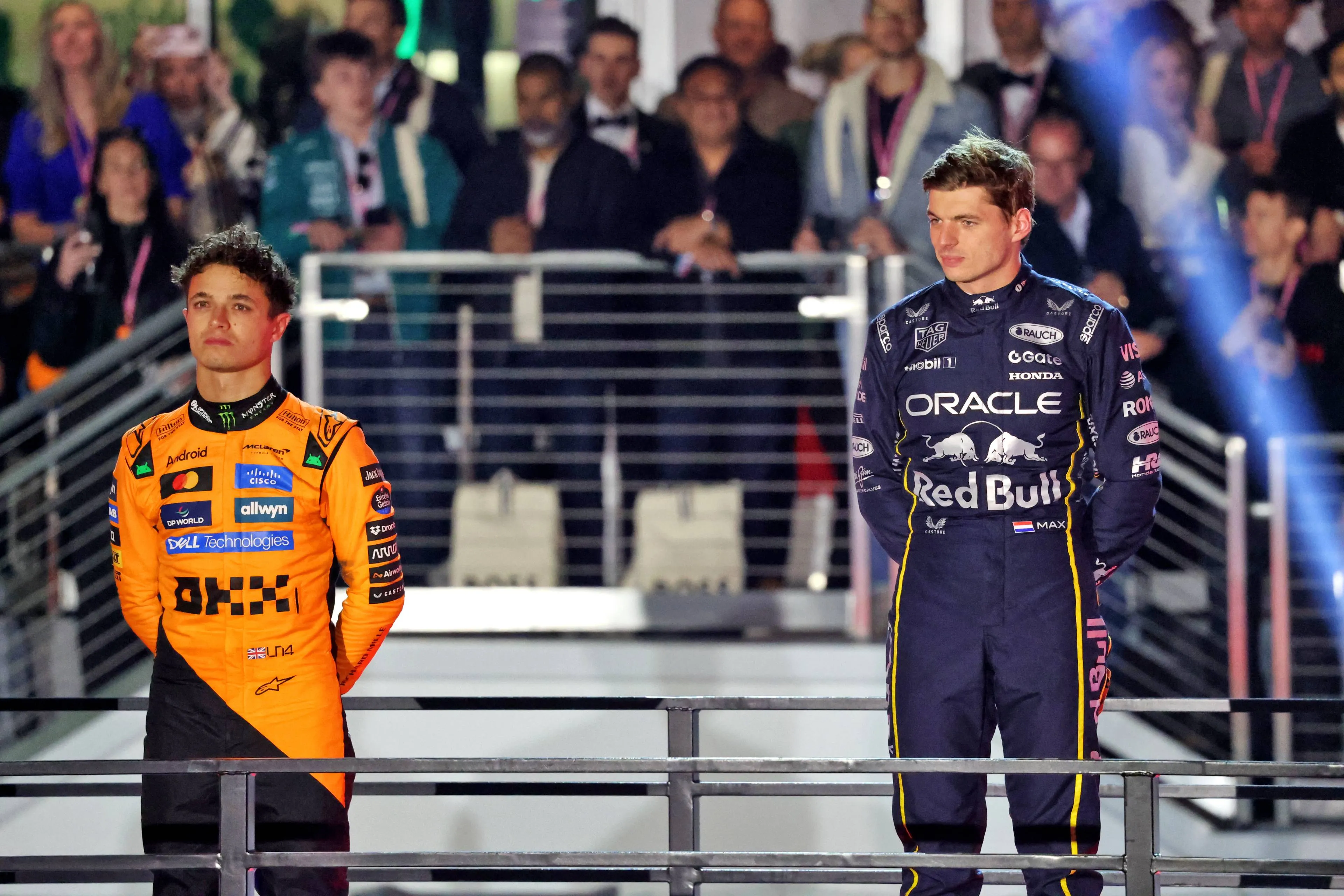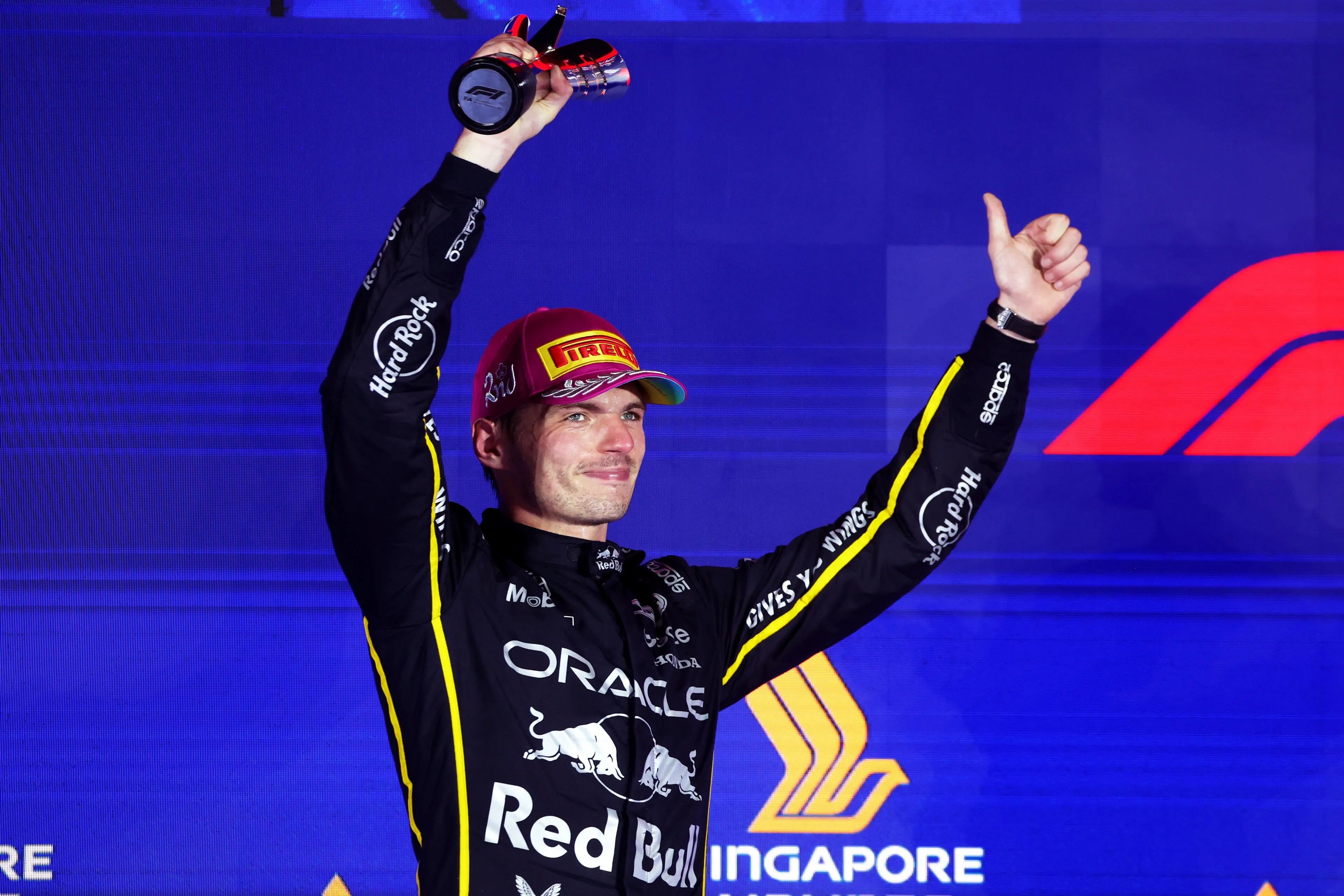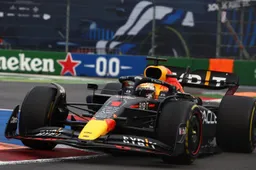It was the time when Dutch driver Christijan Albers was racing in Formula 1 that my colleague asked the chief sports editor of the Algemeen Dagblad in the Netherlands: 'Why don't we go to those Grands Prix? There's a Dutchman competing!' The chief barely looked up from behind his computer. "Formula One? No, there is no interest in that. We're not doing it."
These days, the newspaper travels all over the world to report on Max Verstappen. Preferably, as many reports as possible are written, because Algemeen Dagblad knows: they are read en masse. As all over the world, coverage of the premier motorsport class has increased in recent years. Even in the United States, the country that never seemed to care about Formula 1.
Quality
Of course, it is great to see how popular F1 is at the moment. To a large extent, this is thanks to the efforts of Liberty Media. Since the US company took over the rights from Bernie Ecclestone, there has been a quality drive, especially online, to engage new generations. Formula 1 is more than just a sport, it is also a show and entertainment. Americans understand that like no other.
Unfortunately, Formula 1 and in their wake the organisers of Grands Prix are starting to strike out, which - just when things are going so well - may lead to the alienation of fans. Not only is there hardly any country that does not require a special season ticket to watch the races, the prices of Grand Prix entry tickets are also taking absurd forms.
Revenue
To understand ticket prices, it is necessary to understand how Formula 1 generates revenue. The organiser of a Grand Prix pays Liberty Media up to around $40 million to host a race. With increasing demand from countries and cities to have a Grand Prix, Liberty's adage is: 'If you don't want to pay that, we'll go elsewhere'. So organisers are pulling out the purse strings. Little choice.
Somewhere, organisers have to recoup this money. With ticket sales, in other words. Knowing that many people want to attend a Grand Prix, they think they can even make a profit. The fans will pay anyway. Indeed, they do. For a three-day ticket on a windy grandstand at the hard-to-reach Spa-Francorchamps, 500 to over 600 euros is easily paid. Or take Monza, which has tripled prices over the past three years. The Italians come anyway.
Absurd
The absolute low point now is Las Vegas. Surely it's insane that you have to pay $2,000 to see Formula One cars go by for a few seconds a lap? Think about it for a moment. $2,000. That could be a month's salary. If you want to go as a couple with two children, $8000. And that doesn't include a hotel. Just four seats.
Indeed, up to this point, fans lay down hundreds if not thousands of euros or dollars to attend a race. With rising inflation and more and more people in money worries, the question is how long? Formula 1 was once under Bernie the plaything of the elite. It was precisely that image that the sport was slowly losing. Formula 1 is now synonymous with a people's party. For everyone. But if ticket prices stay like this or rise further, we will get the days of Bernie back. Then Formula 1 will be back to what it once was: for the happy few.
Indeed, up to this point, fans lay down hundreds if not thousands of euros or dollars to attend a race. With rising inflation and more and more people in money worries, the question is how long? Formula 1 was once under Bernie the plaything of the elite. It was precisely that image that the sport was slowly losing. Formula 1 is now synonymous with a people's party. For everyone. But if ticket prices stay like this or rise further, we will get the days of Bernie back. Then Formula 1 will be back to what it once was: for the happy few.
This article was written by Ludo van Denderen and originally published on the Dutch edition of GPblog
Read more about:
Popular on GPBlog
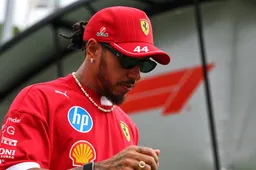
1
Hamilton fails to keep his promise for Formula 1 winter break
12160 times read

2
F1 LIVE: Verstappen’s race number confirmed, Ferrari leadership questioned
7539 times read

3
Oscar Piastri is in talks with other teams, says ex-McLaren driver
1829 times read
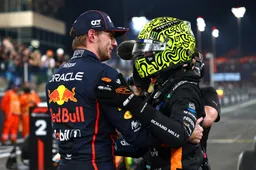
4
'Only one driver can compete with Verstappen, and that's not Norris'
1621 times read
Loading
